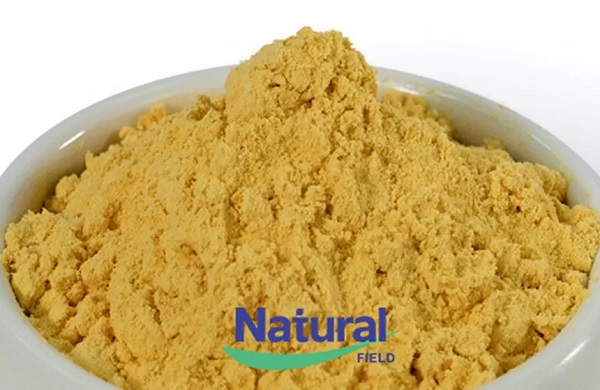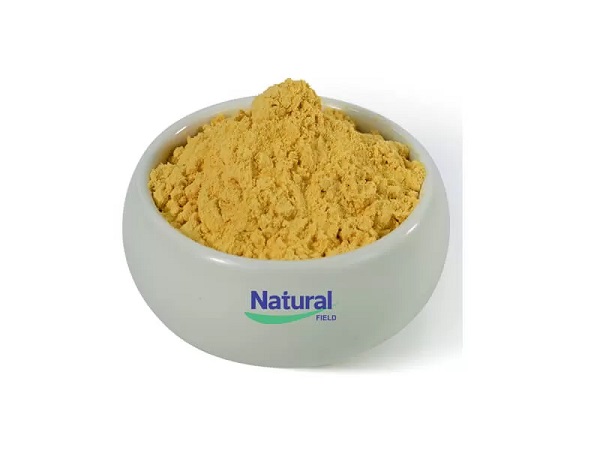When considering antioxidant and mitochondrial support, Coenzyme Q10 (CoQ10) plays a starring role. There's growing interest in advanced delivery systems such as liposomal CoQ10 and purified active forms like ubiquinol. Today, we explore liposomal CoQ10 vs ubiquinol to determine which offers better absorption and health benefits.
Liposomal CoQ10 is a formulation where Coenzyme Q10 is encapsulated within microscopic lipid (fat) vesicles called liposomes. These vesicles are designed to mimic cellular membranes, improving stability and enhancing nutrient delivery.
CoQ10 background: A fat-soluble compound naturally produced in mitochondria, CoQ10 is essential for cellular energy (ATP) production and acts as a powerful antioxidant.
Liposomal encapsulation technology: The CoQ10 is embedded within a bilayer of phospholipids, creating a protective bubble that passes through the digestive tract intact.
Purpose & use cases: Commonly found in heart-health, energy-support, and anti-aging supplements, liposomal CoQ10 offers improved absorption over standard softgel or powder forms.
Why it matters: Liposomal encapsulation helps overcome the primary challenge of CoQ10 supplementation—its inherently poor bioavailability due to large molecular size and fat solubility.

Ubiquinol is the reduced, active form of CoQ10, naturally used by our bodies. Unlike ubiquinone (the oxidized form), ubiquinol directly participates in antioxidant defense and mitochondrial function.
Active antioxidant: Ubiquinol donates electrons to neutralize free radicals and preserve cellular integrity.
Higher absorption potential: As the biologically active form, it is more readily utilized by cells.
Liposomal ubiquinol: Encapsulating ubiquinol within liposomes enhances protection in the digestive system and promotes efficient cellular uptake.
This combination results in a formula that supports both higher absorption rates and immediate biological activity, making it ideal for situations requiring urgent mitochondrial or cardiovascular support.
Let's compare both formulations across key dimensions:
| Feature | Liposomal CoQ10 | Ubiquinol Liposomal |
| Compound form | Coenzyme Q10 (ubiquinone, oxidized) | Ubiquinol (reduced, active form of CoQ10) |
| Biological activity | Requires body conversion into ubiquinol | Directly active; no conversion needed |
| Antioxidant potential | Moderate; requires reduction | Strong; immediate antioxidant benefits |
| Absorption (liposomal effect) | Improved compared to free CoQ10 | Similar absorption benefit with added activity advantage |
| Ideal for | General support, convenient energy supplementation | People needing active antioxidant and mitochondrial support |
| Cost | More affordable than ubiquinol versions | Typically more expensive due to active form structure |
Ubiquinol is the biologically active form of CoQ10, making availability and rapid action its standout benefits. Using liposomal delivery enhances this effect further, presenting both bioavailability and biological immediacy advantages.

While liposomal CoQ10 can be effectively used by healthy individuals, some—especially older adults or those with health conditions—struggle to convert ubiquinone to ubiquinol internally. For these users, ubiquinol liposomal bypasses this conversion hurdle entirely.
Liposomal CoQ10 provides enhanced absorption at a lower cost compared to liposomal ubiquinol. However, if your objective is maximum antioxidant efficacy, ubiquinol liposomal often represents the more strategic long-term investment.
Everyday energy & general wellness:
Liposomal CoQ10 delivers significant benefits at a favorable price point.
Individuals with cardiovascular strain or age-related concerns:
Ubiquinol liposomal is likely a better fit, as it supports heart function and combats oxidative stress more directly.
Energy-intensive lifestyles or athletes:
For performance optimization and rapid recovery, ubiquinol's direct activity and antioxidant capabilities are invaluable.
Whether selecting liposomal CoQ10 or ubiquinol liposomal, it's essential to partner with a supplier known for quality, encapsulation efficiency, and consistency.
Natural Field, for example, offers:
Pharmaceutical-grade liposomal CoQ10 bulk powder and ubiquinol ingredients
Lab-proven encapsulation efficiency
Transparent COA and compliance
Reliability and high-batch consistency—ideal for supplement, nutraceutical, or cosmetic brand development
Liposomal CoQ10: Excellent bioavailability, cost-effective, ideal for general energy support
Ubiquinol Liposomal: Superior antioxidant function and mitochondrial support; ideal for targeted, high-performance needs
Ultimately, your selection should be guided by:
Audience needs (general wellness vs high-performance vs age-related support)
Formulation goals (preventive vs therapeutic function)
Budget considerations (product cost, customer positioning)
In the liposomal CoQ10 vs ubiquinol discussion, there's no single winner. Liposomal CoQ10 offers strong absorption at a lower price, making it a sound everyday option. Ubiquinol liposomal, however, delivers optimal antioxidant capacity and immediate bioactivity—ideal for users with specific health needs or enhanced wellness goals.
For brands seeking high-impact formulations, partnering with Natural Field ensures access to premium liposomal ingredients, supported by quality assurance and scientific validation.